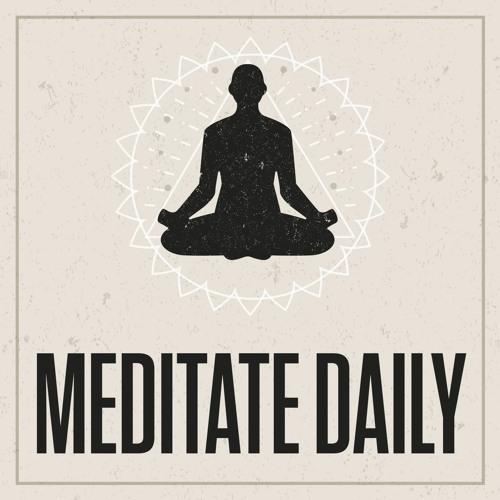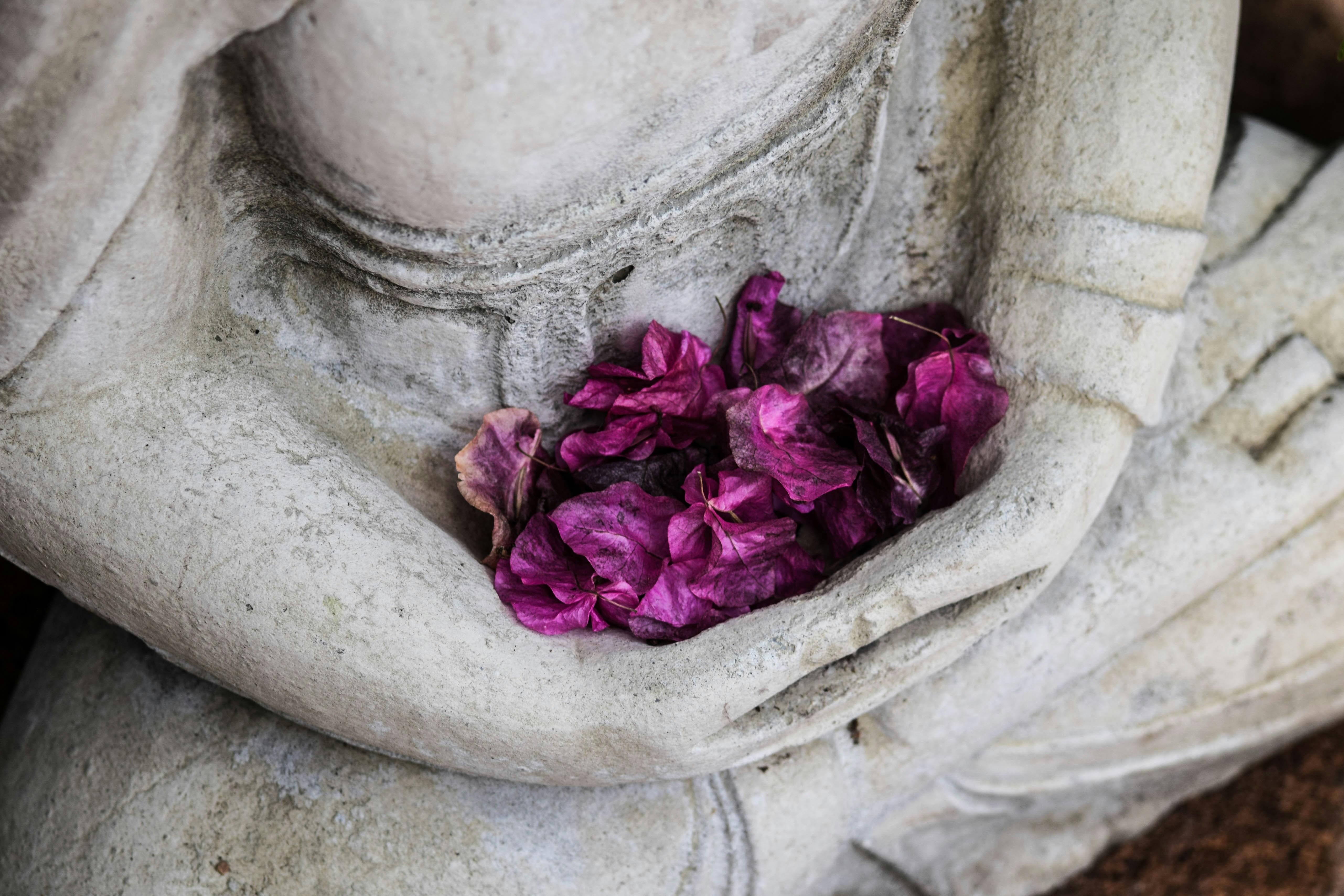In the hustle and bustle of modern life, the practice of meditation often emerges as a beacon of tranquility, promising an oasis of calm amid the chaos. With its roots stretching back thousands of years, meditation has transcended cultural and geographical boundaries, becoming a staple in the wellness routines of millions around the globe. But as its popularity surges, so does the debate surrounding its practice: Is daily meditation truly necessary to reap its real benefits, or can the occasional session suffice? This article delves into the heart of this question, exploring the diverse perspectives and scientific insights that illuminate the path to mindful living. Whether you’re a seasoned practitioner or a curious newcomer, join us as we navigate the intricate landscape of meditation and its impact on the human mind and spirit.
Exploring the Science Behind Meditations Impact
The intricate dance between meditation and the mind is a subject of both ancient wisdom and modern science. Research suggests that meditation can lead to a myriad of cognitive benefits. Neuroscientists have discovered that regular meditation can physically alter the brain’s structure, particularly in areas associated with attention, emotional regulation, and stress response. These changes often manifest as increased gray matter density in the hippocampus and other regions crucial for emotional regulation and self-referential processing.
Moreover, meditation influences the brain’s default mode network (DMN), which is involved in self-referential thoughts and mind-wandering. Studies indicate that meditation can reduce activity in the DMN, leading to improved focus and reduced anxiety. Some of the scientifically backed benefits of meditation include:
- Enhanced concentration and attention span
- Reduced stress and anxiety levels
- Improved emotional health and well-being
- Increased self-awareness
While the science is still evolving, the evidence increasingly supports the idea that meditation, practiced consistently, can lead to profound and lasting changes in both the mind and body.

Unveiling the True Benefits of Consistent Practice
Engaging in meditation on a daily basis can be likened to nurturing a garden. Consistency is key to experiencing the full spectrum of benefits that meditation offers. Just as plants require regular watering and sunlight to thrive, our minds flourish when given consistent attention and care. Daily meditation doesn’t just bring peace and relaxation; it enhances our ability to focus, increases our emotional resilience, and cultivates a deeper sense of self-awareness.
- Enhanced Focus: Regular meditation trains the mind to stay present, improving concentration and productivity.
- Emotional Resilience: By practicing daily, individuals often find themselves better equipped to handle stress and emotional challenges.
- Self-Awareness: Consistent practice fosters a profound understanding of one’s thoughts and emotions, leading to more intentional living.
While sporadic meditation can provide temporary relief, it is the steady, daily practice that transforms meditation from a mere activity into a powerful tool for life improvement. By making meditation a daily ritual, you invite lasting change into your life.

Daily vs. Occasional Meditation: What Experts Say
In the ongoing debate over the frequency of meditation, experts offer a nuanced perspective that suggests both daily and occasional practices have their own unique benefits. Daily meditation is often recommended for those seeking profound, long-term changes in mental health and emotional regulation. Consistent practice can lead to more profound neural changes, such as increased gray matter in the brain, which is associated with improved memory, empathy, and stress management.
- Habit Formation: Regular practice helps in establishing a routine, making meditation a natural part of daily life.
- Deepening Practice: Daily sessions can deepen one’s meditation experience, enhancing focus and mindfulness over time.
On the other hand, occasional meditation is praised for its flexibility and accessibility, making it an attractive option for those with hectic schedules or those new to meditation. Experts note that even sporadic sessions can offer immediate benefits, such as reduced anxiety and a quick mental reset.
- Flexibility: Allows for a more adaptable approach, fitting meditation into one’s schedule without added pressure.
- Accessibility: Lowers the barrier for beginners who might feel overwhelmed by the commitment to a daily routine.

Crafting a Personalized Meditation Routine for Optimal Results
To unlock the full potential of meditation, consider tailoring your practice to suit your individual needs and lifestyle. The journey to crafting a personalized meditation routine begins with understanding your goals. Are you seeking stress relief, improved focus, or emotional balance? Once you identify your purpose, you can experiment with various meditation styles such as mindfulness, loving-kindness, or guided visualization, allowing your intuition to guide you to what resonates most.
Incorporate these elements into your routine for a truly personalized experience:
- Time and Duration: Whether it’s five minutes or an hour, choose a time that fits seamlessly into your day, ensuring consistency.
- Setting: Craft a serene environment with calming elements like soft lighting or soothing music.
- Posture: Find a comfortable position that supports relaxation and alertness, be it sitting, lying down, or even walking.
- Tools: Consider using meditation apps or journals to track progress and reflect on your experiences.
Remember, the key to achieving optimal results lies in listening to your inner voice and adapting your practice as you evolve. This personalized approach not only enhances the effectiveness of meditation but also nurtures a deeper connection with oneself.
In Summary
As we reach the final moments of our exploration into the world of meditation, it becomes clear that the path to mindfulness is as diverse as the individuals who walk it. While the question of whether daily meditation is necessary for real benefits may not yield a one-size-fits-all answer, it invites each of us to consider our unique journeys and personal needs. Like a gentle stream carving its own path through a landscape, meditation can be a tool that shapes our mental and emotional terrain, whether practiced daily or at our own rhythm. As you ponder this, remember that the essence of meditation lies not in rigid schedules but in the moments of clarity and peace it offers. So, whether you choose to meditate daily, weekly, or simply when the moment feels right, let it be a practice that resonates with your inner self, guiding you towards a more mindful existence.
